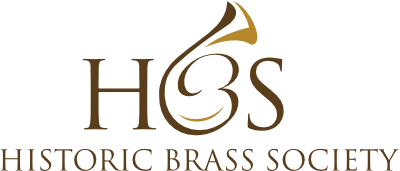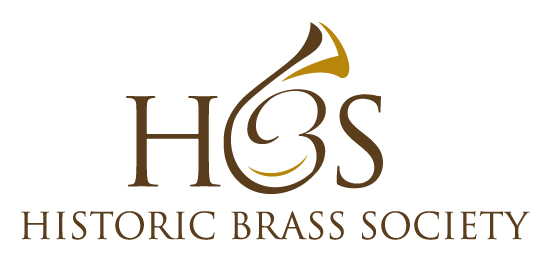Preamble
The HBS is proud of the reputation of Historic Brass Society Journal (HBSJ), which is successful in encouraging research and disseminating authoritative history, thus furthering the aims of the Society, and enhancing the image of the Society as a whole. The peer review process is a means to maintaining a high standard of scholarship.
Editing the Journal
The responsibility for the content lies with the Executive Editor. The Executive Editor is assisted by an Editorial Board, and by the expert referees who are invited to assess and constructively comment of each article (peer reviewing). The Executive Editor has the discretion to delegate tasks to members of the EB.
Articles for consideration for the Journal are submitted to the Executive Editor, who forwards them anonymously to EB members. With advice from the EB, the Executive Editor makes the assessment whether to pass an article for refereeing, return it for revision by the author, or to reject it. When approved by a majority of the EB, an article is sent to one or more referees expert in the subject area of the article for review. Referees are in general external to the EB, but at the discretion of the Executive Editor may be EB members when they are best qualified. The identity of the author(s) of articles is not revealed to referees and the identity of the referee(s) is not revealed to authors. The Executive Editor (or delegated EB member) undertakes initial editing, liaison with referees, communication of referees’ comments to authors, copy-editing, and proofing. The Executive Editor sets deadlines for receipt of referees’ comments, authors’ revisions, and comments on proofs. The Executive Editor also ensures that articles comply with Journal style guidelines, but may delegate this task to the Co-editor or Managing Editor.
Editorial Board
Editorial Board members are nominated by the Executive Editor, appointed by the Board of Directors, and serve for a three-year term, which may be renewed by the Board of Directors. Any HBS member may suggest HBS members to be considered for membership of the EB. While final decisions on acceptance of an article may rest on reports from referees, the Editorial Board determines if the article is sufficiently concerned with the history, repertoire, and performance of brass instruments; is original work; and is rigorous in that the material presented supports the conclusions. EB members should be able to relate a submitted article to the existing corpus of published knowledge to confirm originality. A member of the EB should be willing and able to undertake delegated editorial tasks. EB members should recommend to scholars that they offer material to HBSJ.
The experience desirable in a member of the EB includes:
- Having themselves had articles published in peer-reviewed journals
- Experience of refereeing articles or examining research degree candidates
- Being internationally networked so to attract articles from active scholars and to identify and enlist referees
- Being familiar with the published historical literature as it relates to brass instruments
- Being familiar with rigorous editorial and publishing procedures.



